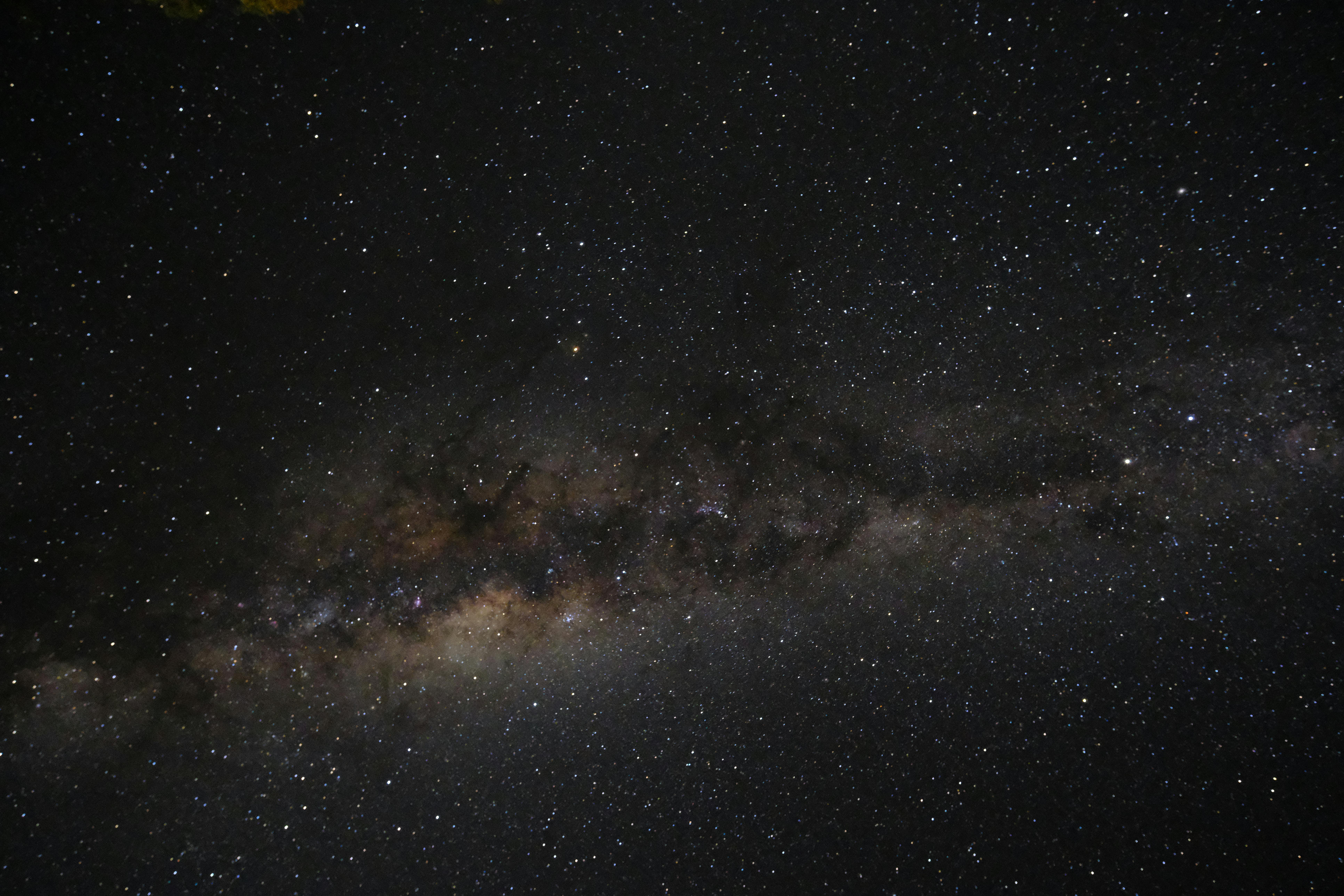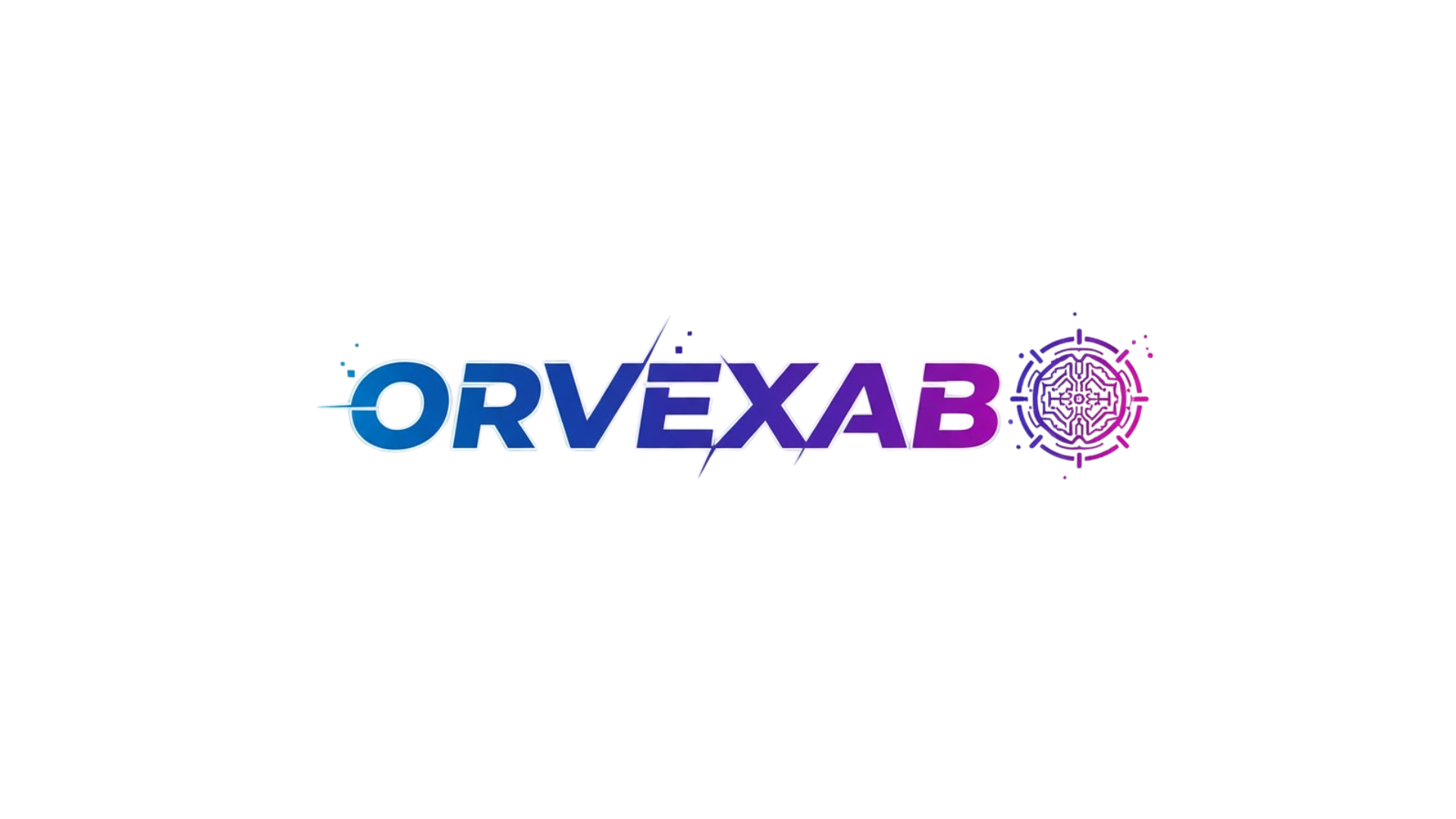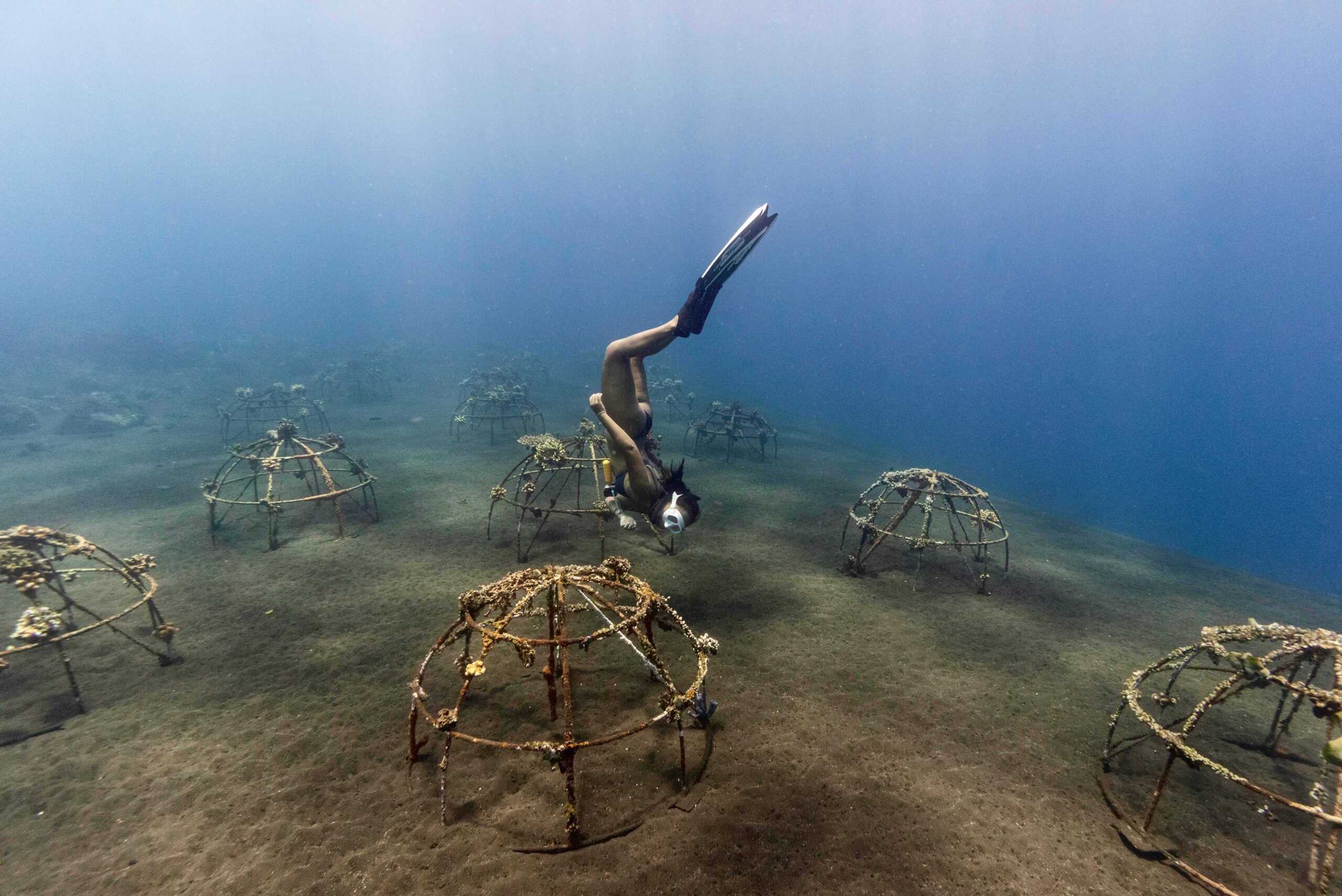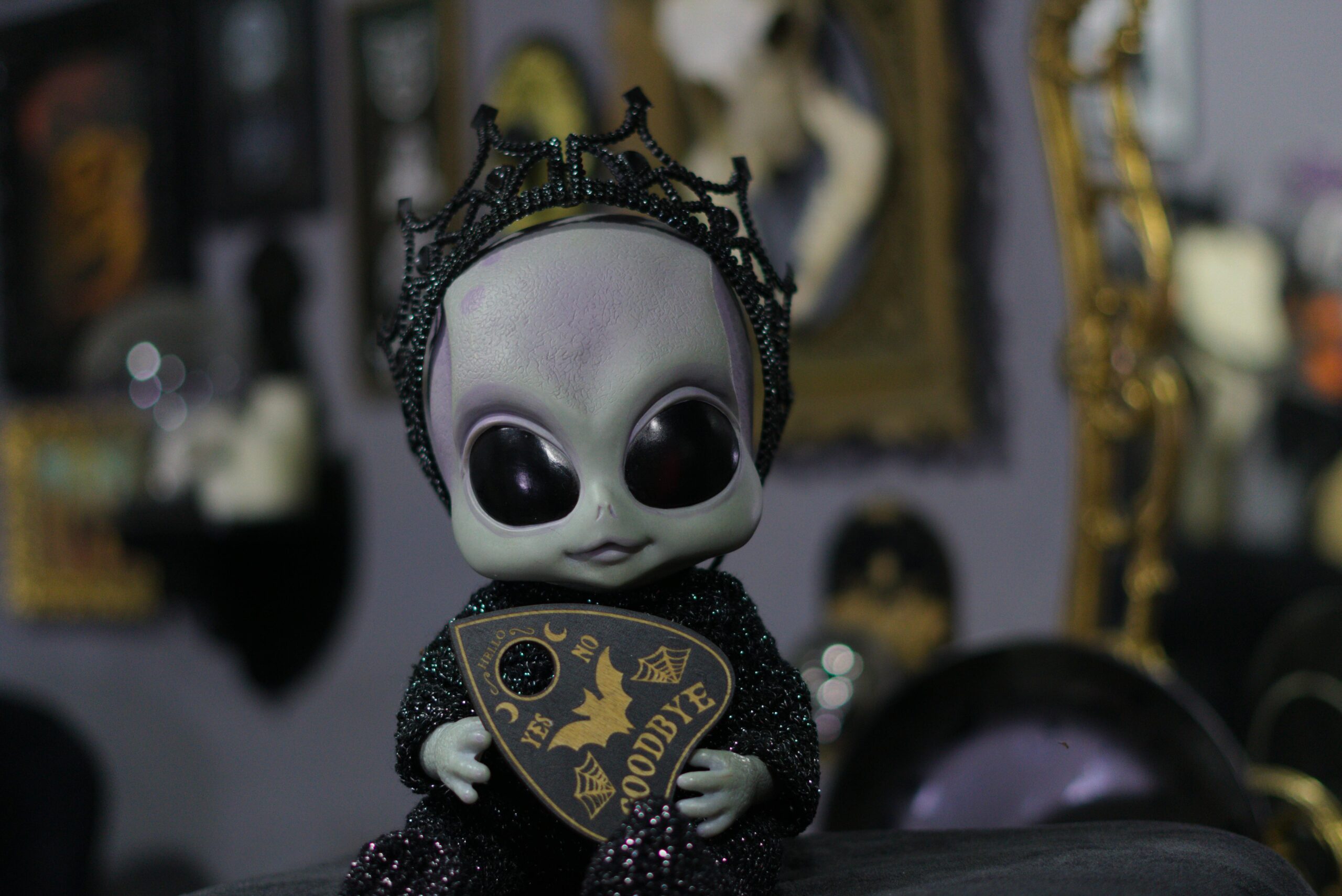As humanity ventures beyond Earth, the Marvel Cinematic Universe’s Guardians of the Galaxy offers more than entertainment—it presents a philosophical framework for interplanetary environmental ethics that could shape our cosmic future.
🌌 When Science Fiction Meets Environmental Reality
The Guardians of the Galaxy franchise has captivated audiences worldwide with its colorful characters and explosive action sequences. Yet beneath the surface-level entertainment lies a deeper narrative about environmental responsibility that extends beyond planetary boundaries. As private space companies and governmental agencies accelerate plans for Mars colonization and asteroid mining, the ethical questions posed by these fictional space adventurers become increasingly relevant to our actual future.
The films present numerous scenarios where the exploitation of planetary resources creates catastrophic consequences. From the destruction of Xandar to the mining operations on Knowhere—literally a severed Celestial head—the franchise consistently explores themes of resource extraction, ecosystem disruption, and the moral obligations of spacefaring civilizations. These aren’t merely plot devices; they’re warnings disguised as entertainment.
The Power Stone Paradox: Energy Resources and Cosmic Responsibility
The Infinity Stones in the Guardians narrative serve as powerful metaphors for finite resources of immense value. The Power Stone, capable of destroying entire civilizations, represents the double-edged nature of powerful energy sources. In our reality, we face similar dilemmas with nuclear energy, fossil fuels, and emerging technologies that promise unprecedented power but carry existential risks.
Ronan the Accuser’s attempt to weaponize the Power Stone for planetary genocide mirrors humanity’s own history of environmental destruction in pursuit of resources. The ethical framework presented suggests that access to powerful resources doesn’t equate to the right to use them without consideration for broader consequences. This principle becomes critical as we develop technologies for space mining and planetary engineering.
Resource Extraction Beyond Earth’s Atmosphere 🚀
The Collector’s archives on Knowhere showcase thousands of species preserved in captivity—a disturbing parallel to Earth’s biodiversity crisis and the museum-like preservation of extinct species. The location itself, carved from a dead Celestial’s skull, raises questions about the ethics of utilizing the remains of once-living cosmic entities for commercial purposes.
Current proposals for asteroid mining echo these concerns. Companies plan to extract precious metals and water from celestial bodies, but who owns these resources? What environmental impact assessments are necessary before we begin industrial operations in space? The Guardians universe suggests that proceeding without such considerations leads to catastrophic outcomes.
Ego’s Living Planet: A Cautionary Tale of Expansion
Perhaps no character in the Guardians franchise better embodies environmental ethics violations than Ego the Living Planet. His plan to terraform every world in the universe into extensions of himself represents the ultimate expression of colonial expansion and environmental domination. Ego’s philosophy—that his vision justifies the destruction of billions of unique ecosystems—parallels historical and contemporary attitudes toward environmental exploitation.
The battle against Ego becomes a fight for biodiversity and the right of planets to exist in their natural states. Star-Lord’s rejection of his father’s power represents choosing environmental preservation over personal gain—a decision humanity must make repeatedly as we develop the capability to alter planetary environments.
Terraforming and Planetary Rights
The concept of terraforming Mars or other planets raises fundamental ethical questions. Do celestial bodies possess intrinsic value beyond their utility to humanity? If microbial life exists on Mars, does our desire for expansion justify its displacement or extinction? The Guardians narrative suggests that civilizations capable of such transformations must develop ethical frameworks before wielding that power.
Scientists and philosophers increasingly debate planetary protection protocols. The Outer Space Treaty of 1967 established basic principles, but these guidelines predate our current technological capabilities. As portrayed in the conflict with Ego, the power to reshape worlds must come with responsibility toward existing planetary systems and potential life forms.
🌿 The Groot Principle: Interconnectedness and Regeneration
Groot, the sentient tree-like being, embodies principles of interconnectedness and regeneration central to environmental ethics. His ability to regrow from a single twig demonstrates nature’s resilience when given the opportunity to recover. More importantly, Groot’s relationship with the other Guardians illustrates how diverse beings from different worlds can form cooperative ecosystems.
The character challenges anthropocentric—or in cosmic terms, humanoid-centric—views of intelligence and value. Groot’s limited vocabulary doesn’t diminish his wisdom or his crucial role in the team’s survival. This perspective becomes essential as we encounter potential extraterrestrial life forms that may not conform to our expectations of intelligence or communication.
Biodiversity Across the Stars
The Guardians universe presents extraordinary biodiversity, from the plant-like Groot to the genetically modified Rocket, aquatic species, and crystalline beings. This diversity mirrors Earth’s ecosystems, where every organism plays a role in maintaining ecological balance. The franchise implies that cosmic biodiversity deserves the same protection we’re learning to afford terrestrial ecosystems.
- Recognition of non-humanoid intelligence and rights
- Protection of unique planetary ecosystems before colonization
- Preservation of genetic diversity across civilizations
- Sustainable resource extraction that doesn’t threaten species survival
- Restoration efforts for damaged or exploited environments
Rocket’s Tragedy: The Ethics of Genetic Engineering
Rocket’s backstory—revealed more fully in recent installments—addresses the ethics of genetic modification and the treatment of sentient beings. Created through painful experimentation, Rocket represents the consequences of treating living creatures as mere resources or experimental subjects. His trauma and anger stem from violations that parallel both historical human experimentation and contemporary debates about genetic engineering.
As humanity develops CRISPR technology and contemplates genetic modifications for space travel, Rocket’s narrative serves as a warning. The capacity to alter life at the genetic level demands ethical frameworks that respect the autonomy and wellbeing of modified organisms. Creating beings capable of suffering without consideration for their quality of life represents a fundamental moral failure.
The Nova Corps and Environmental Governance 🛡️
The Nova Corps represents an attempt at interplanetary governance and peacekeeping. Their efforts to protect Xandar from the Power Stone demonstrate how organized civilizations might cooperate to prevent environmental catastrophes. However, their ultimate failure also illustrates the challenges of enforcing environmental protections across vast distances and diverse cultures.
The framework suggests that effective cosmic environmental governance requires:
| Principle | Application | Challenge |
|---|---|---|
| Universal Standards | Agreed-upon limits on resource extraction and planetary modification | Achieving consensus across different civilizations and values |
| Enforcement Mechanisms | Capability to prevent violations and respond to environmental threats | Balancing sovereignty with collective responsibility |
| Scientific Assessment | Comprehensive environmental impact studies before major projects | Developing methodologies for alien ecosystems |
| Restoration Commitments | Requirements to repair environmental damage | Technical limitations and accountability across time |
Thanos and the Malthusian Fallacy in Space
While primarily an Avengers antagonist, Thanos’s philosophy directly impacts the Guardians and raises critical environmental ethics questions. His belief that eliminating half of all life would solve resource scarcity represents a dark interpretation of environmental limits. However, the narrative ultimately rejects this approach, suggesting that sustainable solutions require innovation and cooperation rather than destruction.
The Thanos storyline engages with legitimate concerns about carrying capacity and resource depletion but demonstrates why authoritarian, violent solutions violate fundamental ethical principles. Real environmental sustainability requires addressing consumption patterns, developing new technologies, and ensuring equitable resource distribution—not eliminating populations.
Population, Resources, and Cosmic Carrying Capacity
The franchise implicitly asks: what is the carrying capacity of the universe? While the cosmos appears vast, individual planets have finite resources. The Guardians’ adventures across multiple worlds demonstrate various civilizations’ approaches to sustainability, from the technologically advanced Sovereign’s controlled society to the anarchic mining operations throughout the galaxy.
These examples suggest that technological advancement doesn’t automatically solve environmental challenges. The Sovereign, despite their genetic perfection and advanced technology, display resource-intensive lifestyles and cultural rigidity. Meanwhile, less advanced civilizations sometimes demonstrate more sustainable relationships with their environments. The lesson: sustainability requires intentional ethical choices regardless of technological capability.
🌍 Applying Guardians’ Ethics to Earth’s Space Age
As humanity stands at the threshold of becoming a spacefaring species, the environmental ethics presented in Guardians of the Galaxy offer practical guidance. SpaceX, Blue Origin, NASA, and other organizations are developing technologies that will enable regular space travel and eventually off-world settlements. The decisions made in the next few decades will establish precedents for centuries of space exploration.
The Outer Space Treaty prohibits national appropriation of celestial bodies but doesn’t clearly address private exploitation or environmental protection. The Guardians narrative suggests we need more robust frameworks before industrial-scale space operations begin. This includes planetary protection protocols, resource sharing agreements, and mechanisms for assessing the environmental impact of proposed activities.
Practical Steps Toward Ethical Space Exploration
International cooperation on space environmental ethics remains underdeveloped. The Guardians model of diverse beings working toward common goals despite different origins and motivations provides a template. Effective cosmic environmental governance might include:
- Establishing international environmental impact assessment requirements for all space missions
- Creating buffer zones around celestial bodies of scientific interest to prevent contamination
- Developing protocols for discovering and protecting extraterrestrial life
- Implementing sustainable extraction limits for space mining operations
- Requiring environmental restoration bonds before commercial space activities
- Establishing interplanetary parks and protected areas
The Knowhere Marketplace: Commerce and Conservation
The lawless port of Knowhere represents unregulated capitalism in space—a place where anything can be bought or sold without environmental or ethical oversight. The Collection housed there includes living beings treated as commodities, echoing Earth’s historical wildlife trade and contemporary trafficking in endangered species. This setting warns against allowing commercial interests to operate in space without environmental regulations.
The destroyed Celestial head that forms Knowhere also raises questions about utilizing “dead” planetary bodies. Is it ethical to mine asteroids or harvest resources from lifeless moons? The franchise suggests that even apparently lifeless celestial objects may have value beyond their extractable resources—scientific, aesthetic, or as components of larger cosmic systems.
🚀 Yondu’s Redemption: Changing Course Toward Sustainability
Yondu Udonta’s character arc from mercenary Ravager to self-sacrificing guardian demonstrates that change is possible even for those complicit in exploitation. His Ravager crew initially engages in morally questionable activities, yet Yondu ultimately chooses a different path. This narrative suggests that civilizations—including our own—can redirect from destructive trajectories toward more sustainable futures.
The key lies in recognizing the long-term consequences of present actions and valuing relationships and legacy over immediate profit. Yondu’s famous line about being “Mary Poppins” before his sacrifice represents the human capacity for transformation and choosing principles over convenience.
Mantis and Emotional Intelligence in Environmental Decision-Making
Mantis’s empathic abilities represent an often-overlooked aspect of environmental ethics: emotional intelligence and the capacity for connection. Her power to feel others’ emotions could be interpreted as a metaphor for the empathy required to consider the wellbeing of ecosystems, future generations, and species unlike ourselves.
Effective environmental decision-making requires this empathic extension—imagining the experiences of beings different from ourselves and valuing their wellbeing. Whether considering how space mining affects potential microbial life or how terraforming might destroy unique geological formations, we must develop the emotional and philosophical capacity to value beyond immediate human interests.
Cosmic Accountability and Legacy for Future Generations ⭐
The Guardians consistently fight threats that would destroy not just present populations but future possibilities. This forward-looking perspective aligns with the environmental ethics principle of intergenerational justice—the idea that present generations hold current resources in trust for those to come. As we expand into space, we must consider what universe we’re leaving for future generations.
Will we replicate Earth’s environmental mistakes on a cosmic scale, or will we learn from our terrestrial experience and develop truly sustainable practices from the beginning? The choice between Ego’s all-consuming expansion and the Guardians’ protective stance represents this fundamental decision point.

Synthesizing Protection with Progress
The Guardians of the Galaxy franchise ultimately argues that protection and progress aren’t opposites but complementary values. The team’s victories come not from dominating their environment but from understanding it, forming alliances, and recognizing interconnection. Star-Lord’s victory over Ego succeeds because he chooses relationships and preservation over power and transformation.
As humanity develops the capability to extract asteroid resources, establish Martian colonies, and perhaps eventually travel to other star systems, we need environmental ethics frameworks that balance exploration with preservation, innovation with caution, and ambition with responsibility. The Guardians offer not a complete blueprint but rather philosophical signposts for navigating these challenges.
The transition to a spacefaring civilization represents humanity’s greatest opportunity and most significant test. Will we become cosmic Egos, reshaping worlds to suit our desires without regard for existing systems? Or will we emulate the Guardians, protecting the diversity and wonder of the universe while pursuing our exploratory ambitions? The answer will define not just humanity’s future but potentially the future of countless worlds we have yet to encounter. The galaxy needs guardians, and as we venture beyond Earth, that responsibility increasingly falls to us. 🌌
Toni Santos is an exoplanet-researcher and space-ecology writer exploring how alien biosphere models, astrobiology frontiers and planetary habitability studies redefine life beyond Earth. Through his work on space sustainability, planetary systems and cosmic ecology, Toni examines how living systems might emerge, adapt and thrive in the wider universe. Passionate about discovery, systems-design and planetary life, Toni focuses on how ecology, biology and cosmology converge in the exoplanetary context. His work highlights the frontier of life’s possibility — guiding readers toward the vision of ecosystem beyond Earth, connection across worlds, and evolution of consciousness in cosmic habitat. Blending astrobiology, ecology and system theory, Toni writes about the future of living worlds — helping readers imagine how life, planet and purpose might converge beyond our Earth. His work is a tribute to: The exploration of life in exoplanetary systems and the unknown biospheres The vision of space habitability, sustainability and planetary design The inspiration of universal ecology, cosmic connection and evolutionary potential Whether you are a scientist, dreamer or world-builder, Toni Santos invites you to explore the exoplanetary frontier — one world, one biosphere, one insight at a time.




